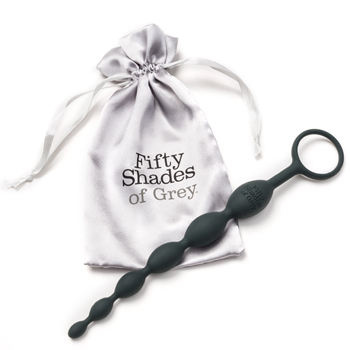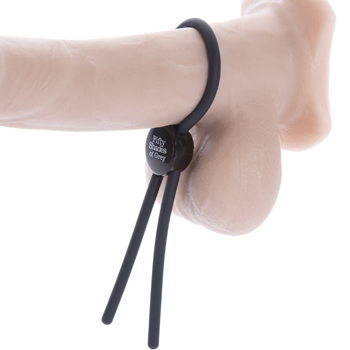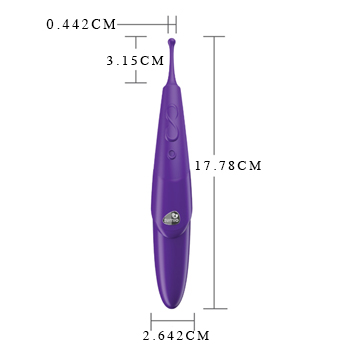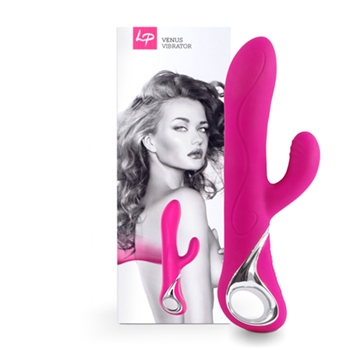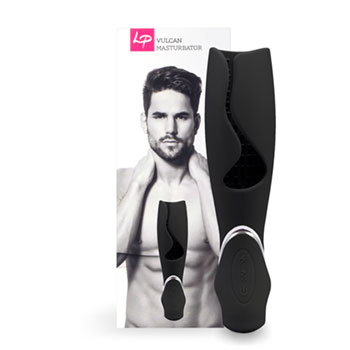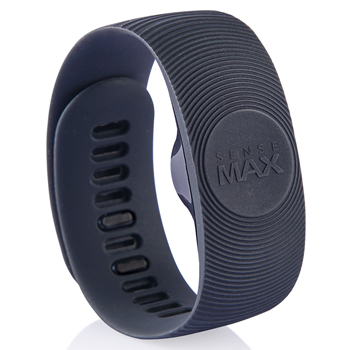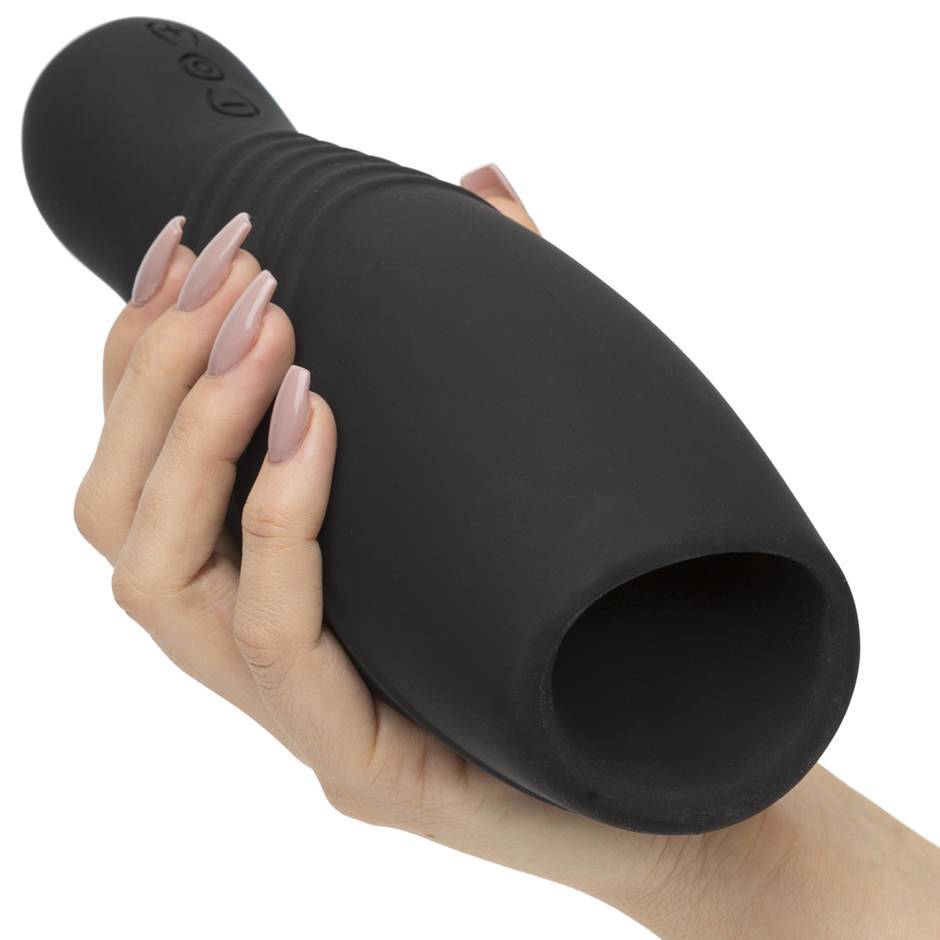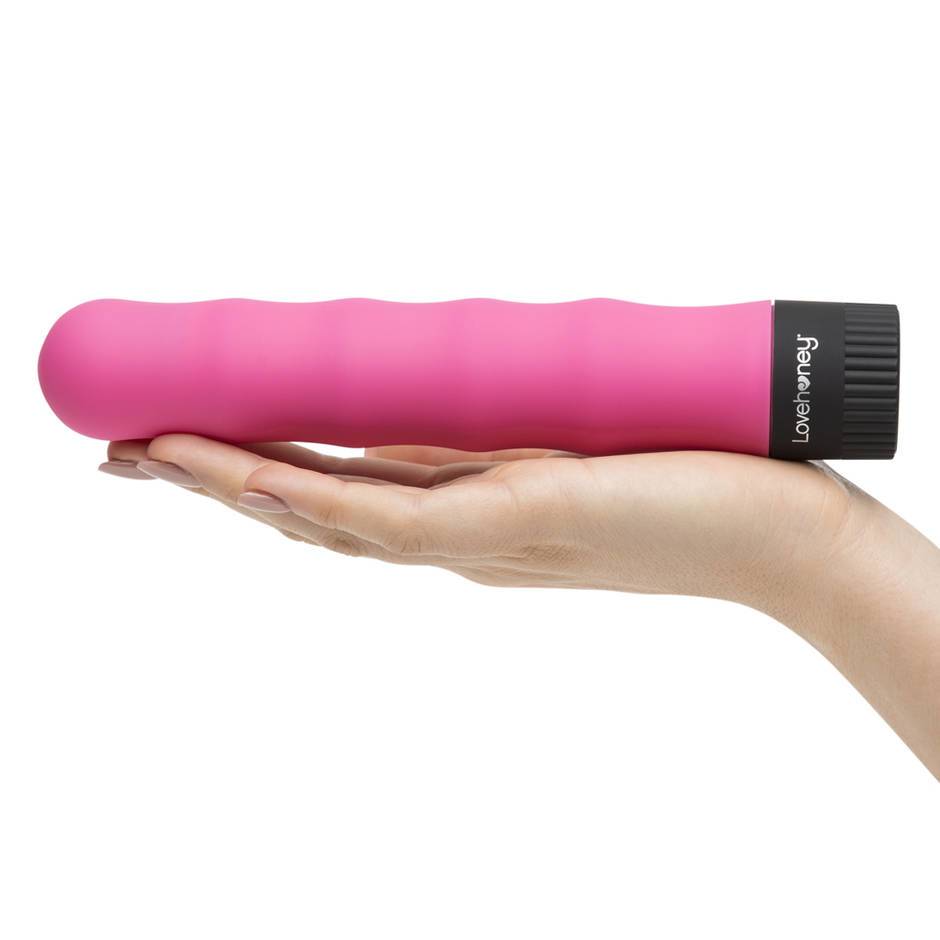Enjoy more intense orgasms than you ever dreamed possible with the help of these strong, smooth anal beads. Indulge newly discovered erogenous zones and get Fifty Shades more pleasure by trying Christian’s tip of removing mid-orgasm for heightened climax.
“I examine them with fascinated horror. All of these, inside me… there! I had no idea.
‘They have quite an effect if you pull them out mid-orgasm,’ he adds matter-of-factly.
‘This is for me?’ I whisper.
‘For you.’ He nods slowly.” – Anastasia Steele and Christian Grey
During anal play, slip these gently tapered beads inside the nerve-rich erogenous zone for heightened arousal and improved sexual response. When removed at the point of climax, the gentle curves of the beads enhance your orgasmic contractions, extending the length, and increasing the intensity, of your orgasmic pleasure.
Both men and women revel in the intensified pleasure that comes with wearing these Thai beads. The unisex design works as a prostate massager when worn by him, and lavishes additional sensations on her vagina when she wears them, as well as providing extra texture for her partner during sex.
Safety is ensured in the form of a finger loop at the base of the beads, preventing travel during wear and making it easy to thrust, twist and play with the beads to improve the quality of your stimulation.
Use with lashings of water-based lube for maximum sensation during wear. Due to the silicone composition, you should not use these beads with a silicone lube.
Part of the Fifty Shades of Grey The Official Pleasure Collection approved by author E L James. Supplied with a Fifty Shades of Grey storage bag, Pleasure Intensified beads are the ideal erotic gift for fans of the trilogy.
Length: 25,4 cm
Insertable Length: 18,4 cm
Circumference: 7,6 cm
Base type: Finger Loop
Material: Silicone
Flexibility: Flexible
Waterproof: Submersible
Contains latex: No
Contains phthalates: No
